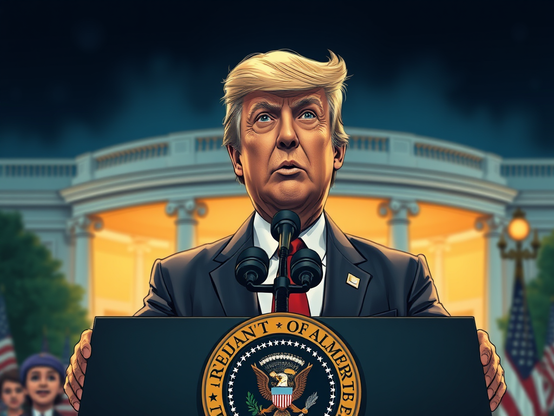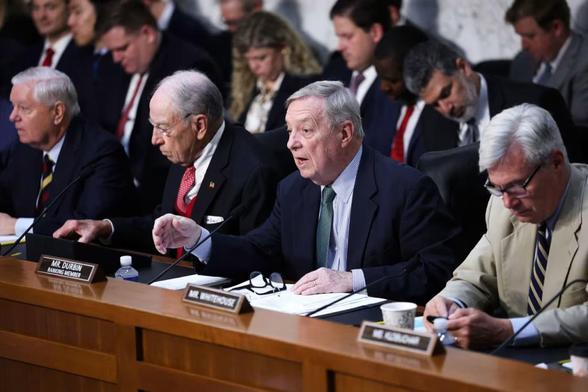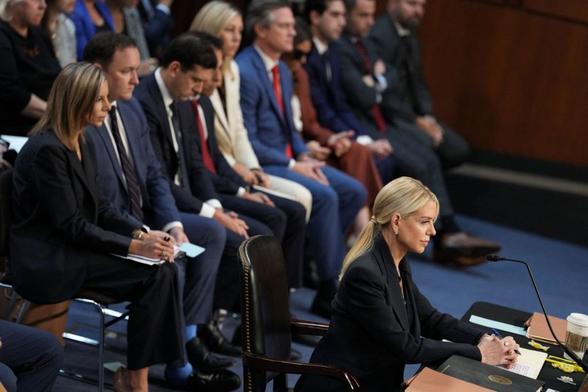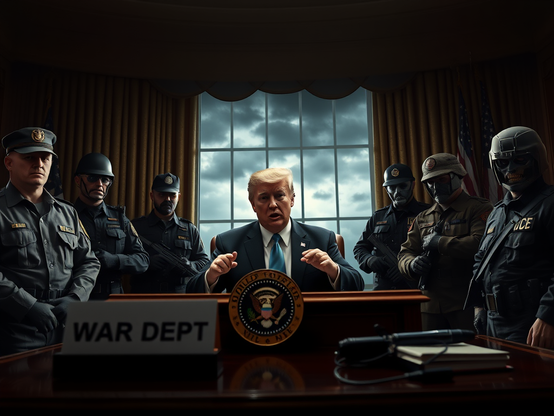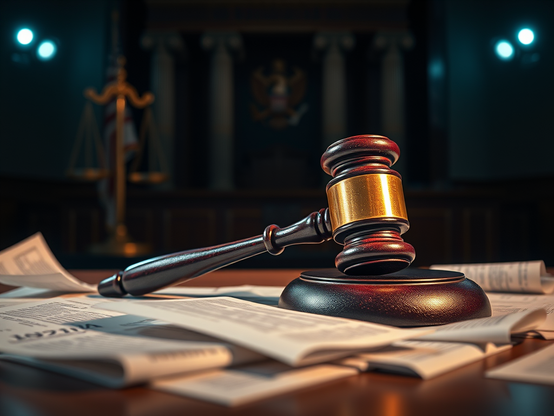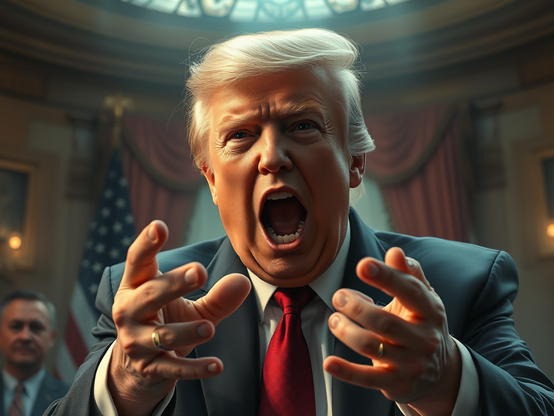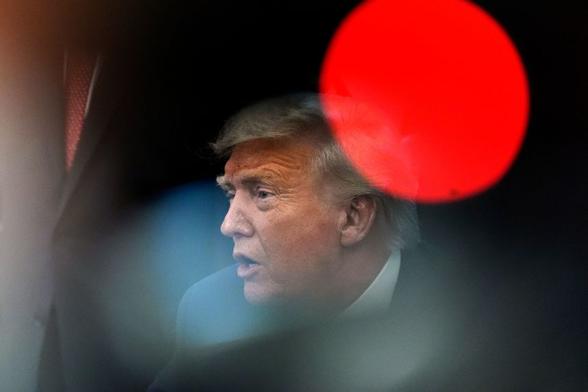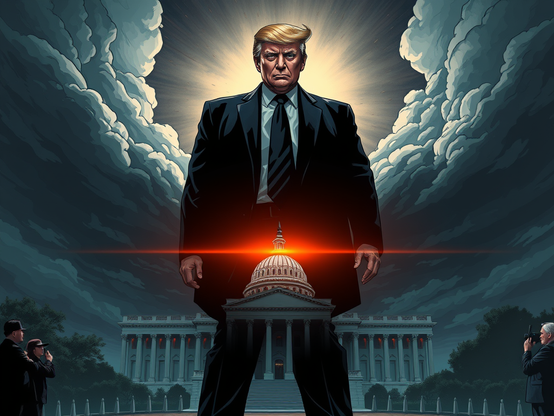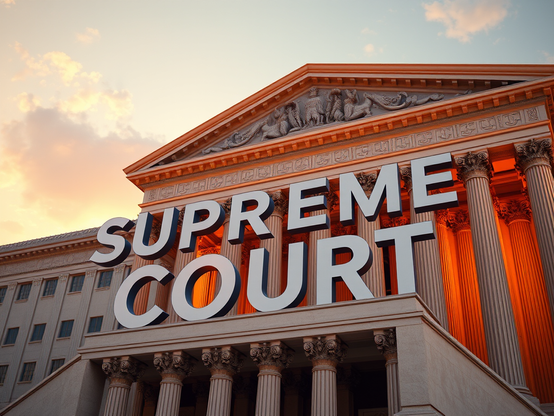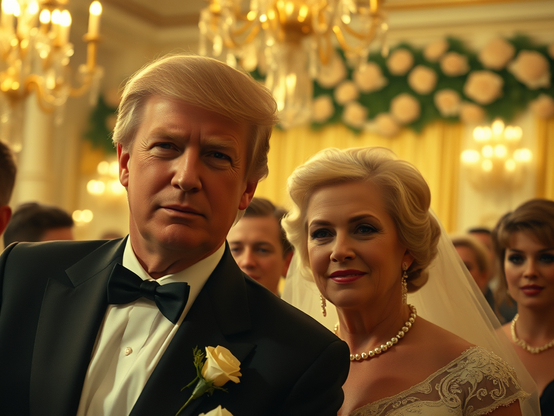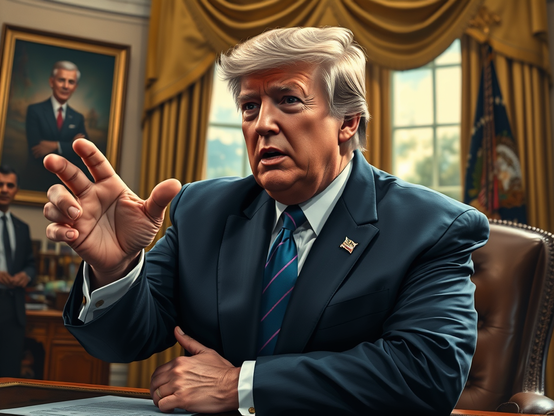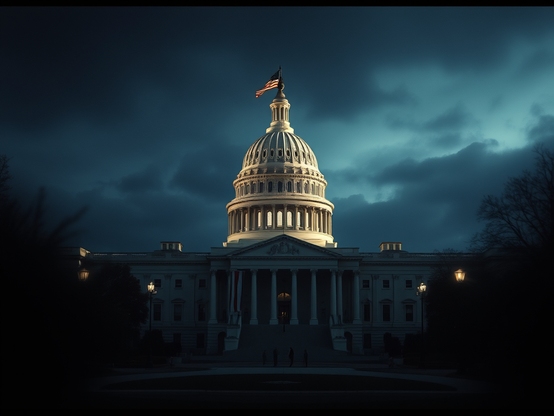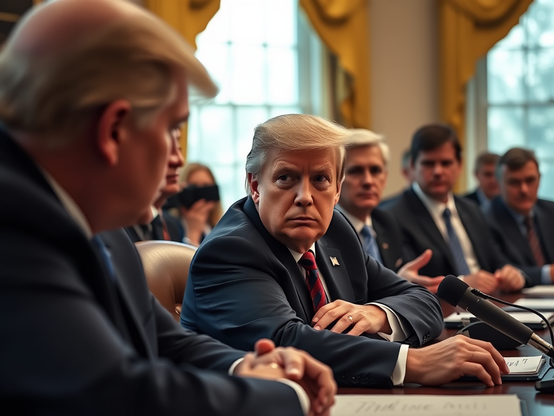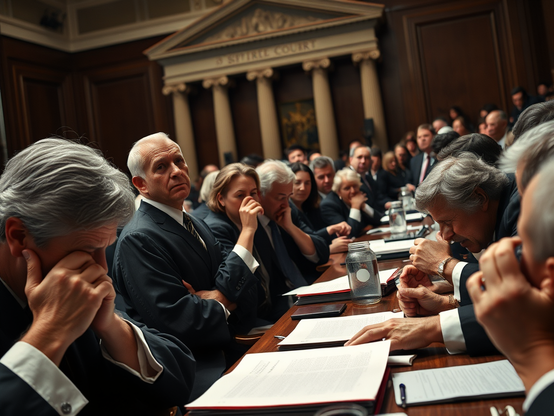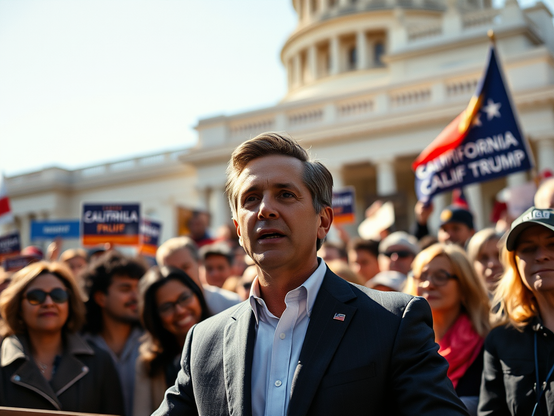Trump’s free speech backflip was 250 years in the making | CNN Politics
Politics• 8 min read
Trump’s free speech backflip was 250 years in the making
Analysis by Zachary B. Wolf, 6 hr ago
President Donald Trump speaks during a roundtable at the White House on Wednesday. Evelyn Hockstein / ReutersA version of this story appeared in CNN’s What Matters newsletter. To get it in your inbox, sign up for free here.
“If we don’t have FREE SPEECH, then we just don’t have a FREE COUNTRY,” then-candidate Donald Trump said in a campaign video.
But less than nine months into his second term, he was explaining his administration’s stance this this way:
“We took the freedom of speech away,” he said at a White House event Wednesday as he tried to explain his call to put people who burn the American flag behind bars for years despite a very clear Supreme Court decision that lists flag burning as free speech.
Trump’s complete turnabout on speech is indicative of the contradictions and ironies in the bedrock principle of the American liberties in the Bill of Rights and the First Amendment.
While Trump came to office promising to restore free speech, particularly on college campuses and on social media, he’s now engaged in a multi-front war over what people can say in the US:
► A Ronald Reagan-appointed judge accused Trump’s administration of a “full-throated assault on the First Amendment” for targeting and deporting pro-Palestinian academics.
► Conservative Supreme Court justices were skeptical at oral arguments over a Colorado law that bans debunked LGBT conversion therapy, suggesting it may step on the free speech rights of therapists.
► Trump wants colleges and universities to clamp down on campus speech in exchange for federal funding.
► He applauded his FCC chairman, Brendan Carr, for trying to get Jimmy Kimmel’s show canceled by ABC, an effort that backfired.
► His lawsuits against media companies and law firms, none of which appear to stand on firm legal ground, have nonetheless been wildly successful in extracting settlement payments and sending a message to firms that would oppose him.
► Companies like YouTube have reinstated accounts or made plans to do so for members of his administration, such as FBI Deputy Director Dan Bongino, who were suspended for spreading misinformation during the pandemic.
► His attorney general, Pam Bondi, promised to go after “hate speech” by people who she perceived as celebrating the death of Charlie Kirk.
The hate speech element is particularly concerning to experts because in recent decades, it has become a tenet of Supreme Court cases and free speech advocates that “hate speech” is such a nebulous term that leaving it unprotected would invite exactly the type of selective viewpoint-policing that the administration now stands accused of.
The hate speech in question was not any obviously repugnant White supremacist or racist ideology, but rather comments related to Kirk’s death, potentially including those who celebrated it. But we don’t really know since Bondi has not been specific.
The Alien and Sedition Acts made it a crime to criticize the president, then John Adams. Library of CongressCongress undercut the First Amendment almost immediately
US history is full of pendulum swings back and forth between freedom and restriction of speech.
The First Amendment, adopted shortly after the Constitution, guarantees Congress shall make no law “abridging the freedom of speech, or of the press.”
But within a few years, Congress passed the Alien and Sedition Acts, which made it a crime to criticize the president, then John Adams, during the undeclared Quasi War between the US and France.
“The sad truth is, free speech has always been a weaponized slogan, right from the outset, when it’s first invented in the early 18th century,” according to Fara Dabhoiwala, a historian at Princeton University and author of the recent book “What is Free Speech? The History of a Dangerous Idea.”
Benjamin Franklin’s grandson Benjamin Franklin Bache was among those arrested for “libeling” Adams under the law. Federalists also threw a Vermont publisher and congressman, Matthew Lyon, in jail for criticizing Adams in print.
(Among other things, Lyon wrote that Adams had “an unbounded thirst for ridiculous pomp,” and, separately, started a fight on the House floor over Adams’ foreign policy. Lyon, attacked with a cane after he spat tobacco juice at a fellow lawmaker, defended himself with fire tongs.)
Far from silencing Lyon, however, the Sedition Act backfired. Lyon ran a successful campaign for Congress from jail. The unpopularity of the clampdown on speech helped lead to Adams’ defeat in the election of 1800.
Running for president from prison
Another wartime restriction on speech, the Sedition Act of 1918, led to the conviction and sentencing to 10 years in prison of the socialist Eugene Debs for his criticism of the draft during World War I.
The Supreme Court upheld his conviction, but Debs ran a presidential campaign from his jail cell in 1920 and got nearly 1 million votes. President Warren G. Harding later commuted Debs’ sentence.
Marketplace of ideas
Courts and people have complex and nuanced views on free speech. Justice Oliver Wendell Holmes wrote the unanimous majority opinion upholding Debs’ conviction, but he also wrote a key dissent in a case involving the conviction of Russian immigrants who distributed leaflets calling for a general strike in the US to interrupt the war effort.
In that 1919 dissent, he espoused what would become a more absolutist view of the benefits of free speech. “The best test of truth is the power of the thought to get itself accepted in the competition of the market,” he wrote.
Students greet Rev. Martin Luther King Jr. at the St. James Baptist Church in Birmingham, Alabama in 1963, after a federal judge enjoined the city school board from expelling them for participating in civil rights demonstrations.Bettmann Archive/Getty Images
Free speech and civil rights
In the US, the evolution of speech has also turned on issues of race.
Editor’s Note: Read the rest of the story, at the below link.
Continue/Read Original Article Here: Trump’s free speech backflip was 250 years in the making | CNN Politics
#2025 #America #CNN #CNNPolitics #DonaldTrump #Education #FirstAmendment #FreeSpeech #Health #History #Libraries #LibraryOfCongress #Opinion #Politics #Resistance #Science #Trump #TrumpAdministration #UnitedStates
